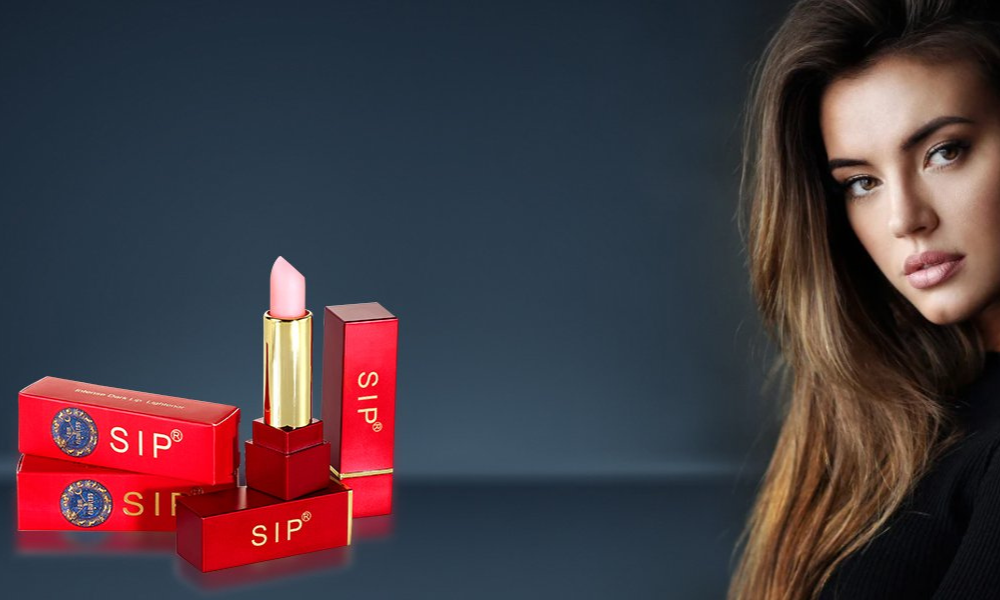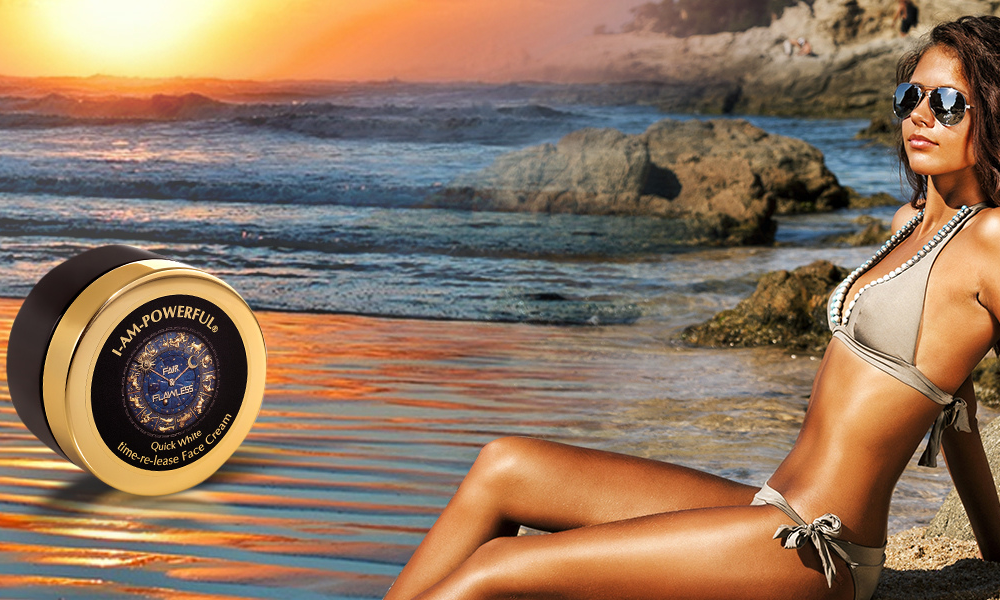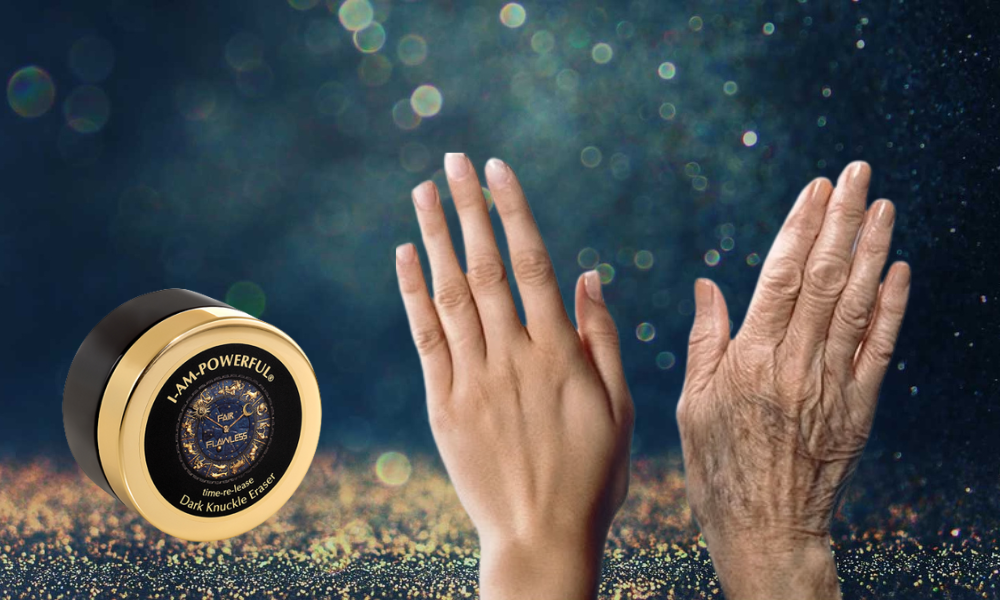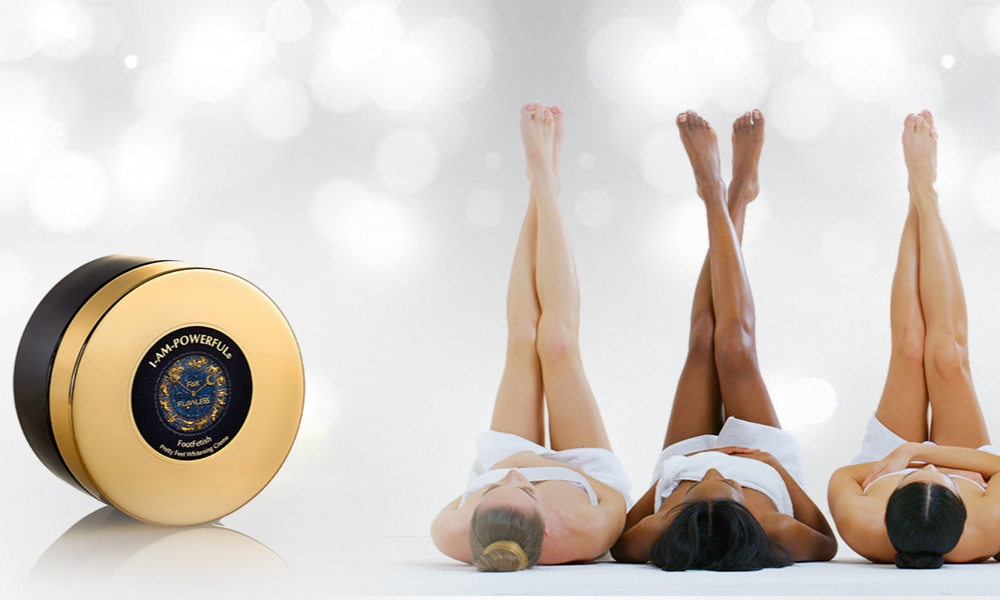Alternatives to Hydroquinone When Treating Hyperpigmentation on Your Face
Having hyperpigmentation on your face is one of the most stressful skin issues. This is largely because often the very lotions and creams claiming to help clear it are so controversial, capable of doing damage to your skin. When achieving fresh and healthy summer skin, here are some things to consider.
Hydroquinone: Do You Really Want to Use it?
One of the chemicals suggested most often for hyperpigmentation is hydroquinone. It’s strange to think that this chemical is considered a gold standard in skin bleaching when research has pointed to how it isn’t healthy for your skin.
Studies have found that hydroquinone is a potential carcinogen as there has been evidence of it causing cancer in rodents. Even though it is not known if there is a hydroquinone-cancer link in humans, the chemical has been linked to a different condition - ochronosis, which involves the skin actually becoming darker.

If you have hyperpigmentation on your face, you might be tempted to try hydroquinone solutions because you fear there is nothing else out there for you. You certainly won’t feel 100 percent happy to do so, though, in light of the above health concerns. Added to this, since skin is your largest organ and it’s porous, what you put on it will get absorbed. Now imagine if you are using chemical bleaching products, as well as other skincare and makeup items, on your skin daily. This translates into a lot of toxins that are entering your skin and bloodstream.
Safe Alternatives to Hydroquinone
The good news is that you aren’t limited to hydroquinone to treat your facial hyperpigmentation. There are natural solutions that are just as powerful to help clear up your skin tone without the possible damage. Some of these top ingredients can be found in natural skin whitening creams and they include:
- Soy
Soy extracts are making their way into a variety of products, such as moisturizers, to eliminate pigmentation. How soy works is that it blocks melanin from reaching the surface layer of the skin. This is an effective way to prevent future melanin problems, too. You can find soy in F&F Clarity Eye Peptide Gel that removes melanin from the delicate skin near the eyes, while eliminating dark circles and making your skin brighter.

- Arbutin
This is a natural derivative of hydroquinone and can be found in the dried leaves of bearberry, blueberry, and cranberry plants. It works by blocking tyrosinase, an enzyme that contributes to the production of melanin which leads to pigmentation on the skin. You can find arbutin in products such as F&F Enhanced Facial Lighten Cream that works on a variety of different pigmentation, such as hormone-related spots.
- Kojic Acid
This acid is produced from fermented fungus and rice. Kojic acid has been said to be equally effective as hydroquinone, but the advantage is that it doesn’t come with dangerous side-effects. Studies have found that kojic acid can become even more powerful to fight pigmentation when combined with glycolic acid. Glycolic acid is derived from cane sugar and it sloughs away dead skin cells where pigment accumulates. You can find a blend of kojic and glycolic acid in Face Lighten & Rejuvenating Fluid.
- Licorice
Licorice works by blocking tyrosinase, disrupting melanin production in the skin, helping you achieve a flawless and polished complexion. Studies have found that licorice can be up to 75 percent more effective than Vitamin C when it comes to clearing hyperpigmentation, so it's definitely worth using in natural skin brightening creams. You can find it in Skin Soho White Tea Lightening Gelee, that also makes use of Vitamin C (ascorbic acid) so you get a more powerful remedy for your troubled skin. Remember that Vitamin C is essential for your skin, helping to stimulate collagen production, so it will work beautifully with licorice to both lighten and firm up your skin.

With so many natural alternatives to hydroquinone when treating hyperpigmentation on your face, you can feel happy about what you’re putting on your skin. You’ll also be able to embrace clearer, more gorgeous skin that you’ll want to flaunt all summer long.










